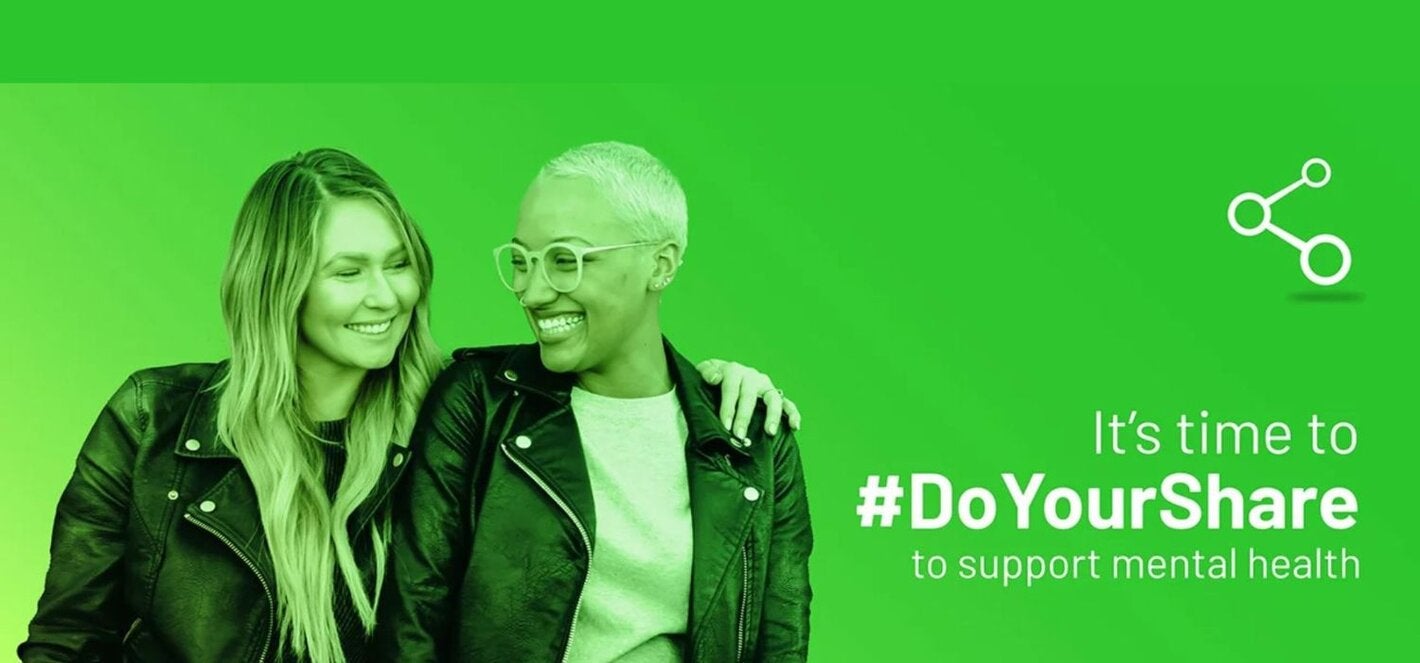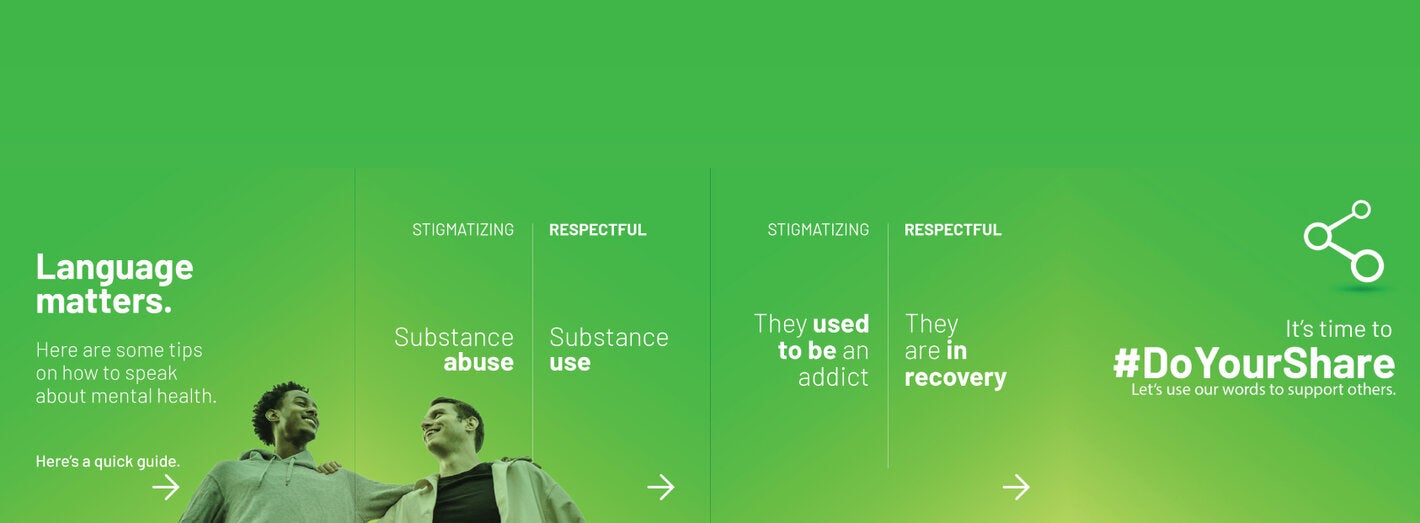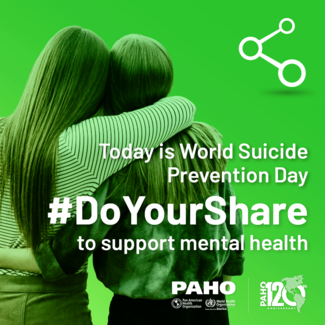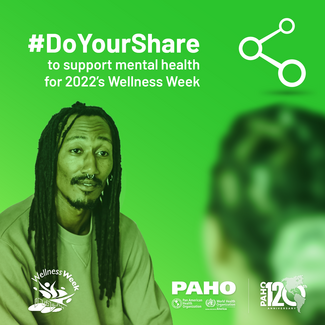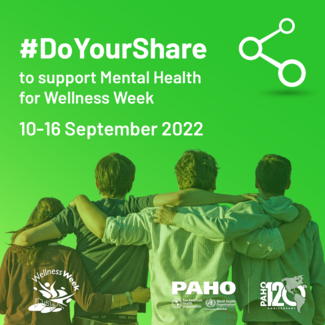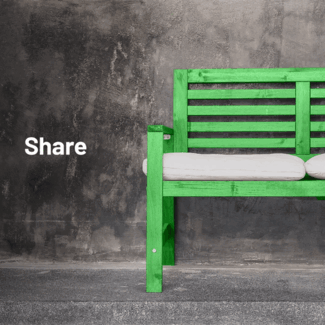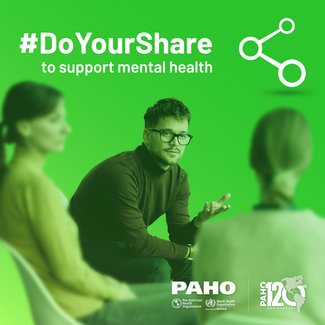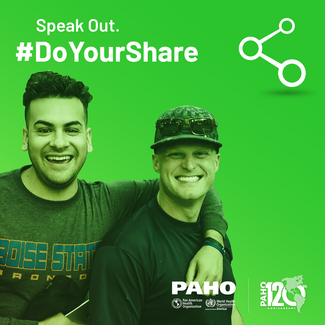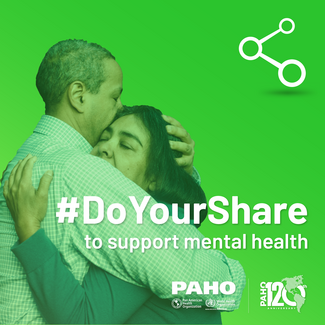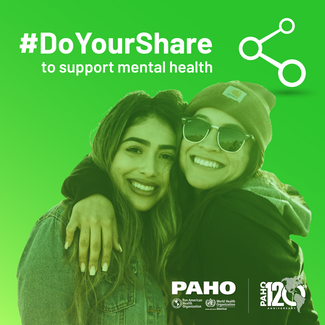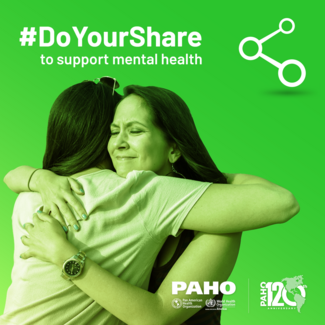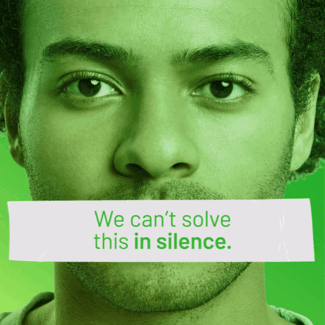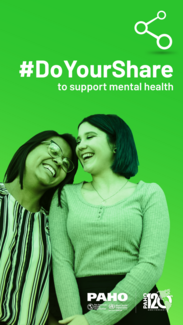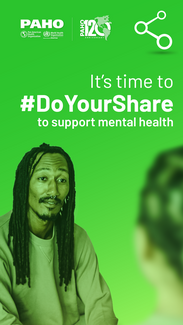#DoYourShare to support mental health
One of the greatest public health challenges of our time is the fight against stigma in relation to mental health. Although mental health conditions are common worldwide, people living with them very often experience discrimination and are treated differently. Fear, misunderstanding, and judgment contribute to stigma, social exclusion, and discrimination towards people living with mental health conditions. It can occur with friends and family members and in all spheres of life; at home, school, workplace, and hospital both in rural and urban settings. Recovery from mental health conditions is possible. However, stigma and discrimination get in the way and prevent people from seeking and receiving the help and care they need on the way to recovery
Strategies for Fighting Stigma and Discrimination
- a. Literacy campaigns, public awareness campaigns and training and learning activities are effective strategies to educate the general public or specific target audience.
b. More specifically understanding stigma in the healthcare setting is essential to reduce stigma and offer safe environments for people with lived experience to seek care.
c. Education in the workplace is crucial to remove the barriers that stigma and discrimination create for people with lived experience. It also helps employers and employees to see past the labels and be more inclusive that also contributes to improving the well-being of people with lived experience.
- a. In order to help the general public understand better mental health conditions, sharing stories from people with lived experiences helps to change some of the negative attitudes and behaviors.
-b. The social interaction can be in person, online, through videos, in support groups and in health care environments.
- Reforming law and policies way to be more inclusive for people living with mental health conditions. .
Stigma x Discrimination
Stigma is a mark that excludes a person from the rest and that diminishes his or her value in the social group to where he or she belongs. It also refers to one's negative attitude and behaviors toward people with substance use and mental health problems. The stigma itself can be more life-threatening and long-lasting than the mental health condition.
Discrimination is an action or decision that treats a person or a group differently that can be based on race, national or ethnic origin, color, religion, sex, age, or physical or mental disability. People living with a mental health condition faced with discrimination, also experience barriers in looking for and keeping a job, safe housing, and health care services. It also has an impact on social interaction with family members, friends, and with the community.
Countries Doing Their Share

